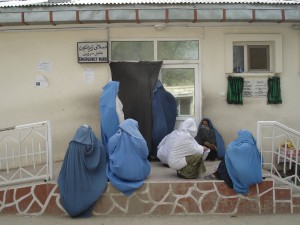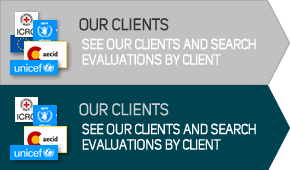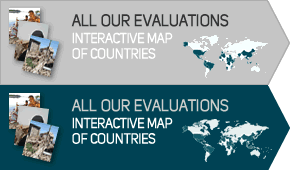September 15, 2011
DARA undertook a research study to assess how well gender equality programming (GEP) influences humanitarian outcomes.
The research study was commissioned by UNICEF, OCHA and UN Women on behalf of the Inter-Agency Standing Committee (IASC) Sub Working Group on Gender and Humanitarian Action. It looked at how and under what conditions GEP has or has not contributed to improved humanitarian outcomes, providing much needed and seriously lacking solid evidence. Previous studies have mostly focused on the negative impacts of gender-blind programming.
The research ran until December 2011 and took place in two phases:
- Inception phase- consisted in defining a methodology, desk review and carrying out a study in a pilot country.
- Execution phase- involved undertaking research in four other selected countries, representing a range of humanitarian contexts such as natural disasters, conflicts, chronic, rapid onset, transition/peacebuilding etc, and thus providing an overview of existing trends.
The findings aim to improve the IASC’s approach to GEP, increase accountability among stakeholders and contribute to the broader collection of evidence on gender equality in humanitarian outcomes.
The team was composed of Francis Watkins, Jock Baker, Clare Castillejo and Belén Díaz.





Share this